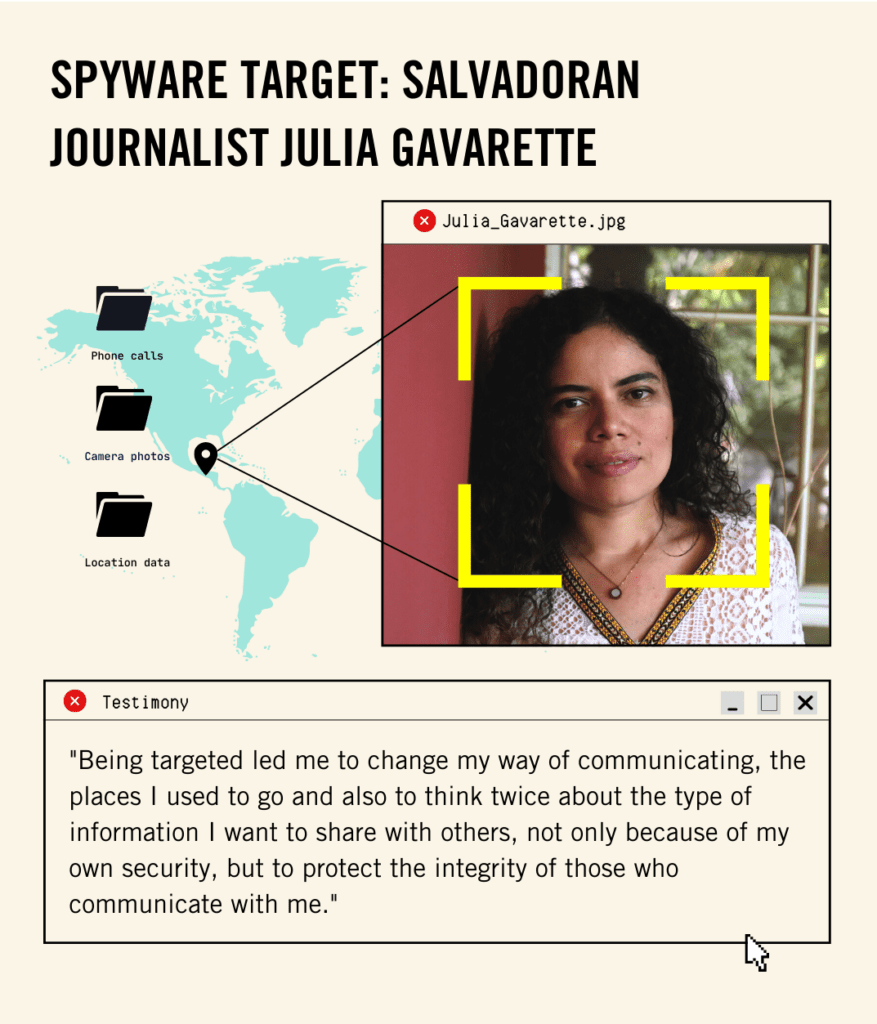UN member states should urgently support a halt on the sale, transfer and use of spyware to end the endemic unlawful surveillance of activists, journalists, lawyers, and political leaders, Amnesty International said today.
107, 273 people from 180 countries and territories signed the organization’s petition demanding UN member states support a global moratorium on surveillance technology until there is a proper regulatory framework that protects human rights.
“There is an urgent need for stronger human rights protections on the export of surveillance technology.
Agnès Callamard, Amnesty International’s Secretary General
“We are witnessing a global spyware crisis in which activists, journalists and lawyers are targeted with invasive surveillance as a means to silence and intimidate them,” said Agnès Callamard, Amnesty International’s Secretary General.
“There is an urgent need for stronger human rights protections on the export of surveillance technology. UN member states must stop using, and stop tolerating, spyware as a tool of repression. And until this happens, states must step up and support a global moratorium on the export of spyware.”
Those who signed Amnesty’s petition join UN experts and civil society groups from across the globe in calling for a halt on the sale, export and transfer of spyware technology. Unlawful surveillance violates the right to privacy and can also violate the rights to freedom of expression, opinion, association, and peaceful assembly.
The voices of victims of spyware abuses will be heard at the heart of the UN in New York on Friday, as Amnesty and partners push UN member states to support a global moratorium.
Julia Gavarrete, a journalist from El Salvador, detailed the impact of spyware on her life: “Being targeted led me to change my way of communicating, the places I used to go, and also to think twice about the type of information I want to share with others — not only because of my own security, but to protect the integrity of those who communicate with me. As a journalist, I have to guard my sources, but as a woman, I need to protect my family and friends.”

Companies continue to profit from the sale of spyware used for unlawful surveillance. Every month, new cases are confirmed of people being unlawfully targeted with spyware. The past year has seen cases in El Salvador, Greece, Spain, Egypt, Israel/Occupied Palestinian Territories, Morocco-Western Sahara, Poland and Thailand. The unregulated and opaque nature of the spyware industry means that we may never know the full extent of similar abuses involving other actors.
States are obligated under international law not only to respect human rights, but also to protect people from abuses by third parties, including private companies.
The post More than 100,000 people urge UN states to end spyware crisis appeared first on Amnesty International.
